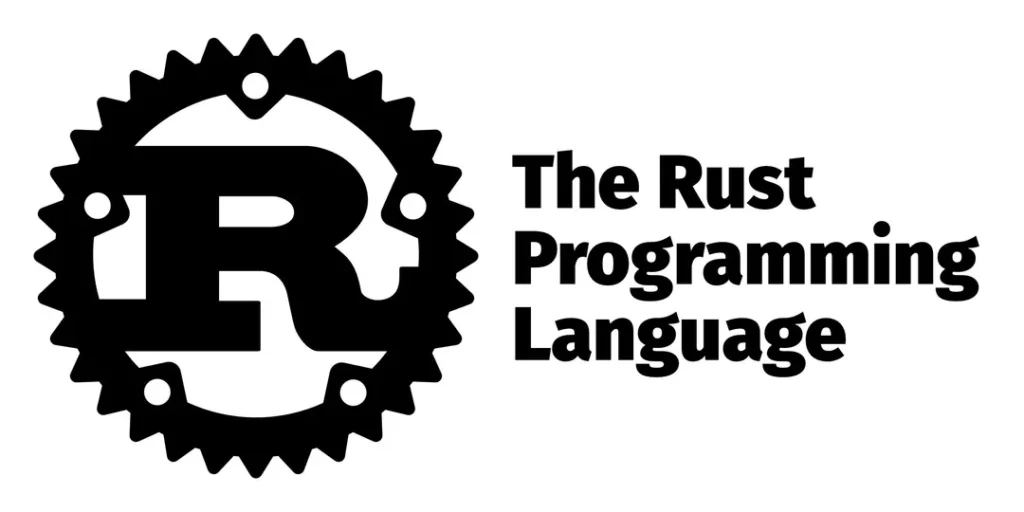Rust’s Cargo team now emphasizes project-specific decisions regarding the inclusion of Cargo.lock, moving away from strict guidelines for binaries versus libraries.
Rust’s Cargo team has recently updated its guidance regarding the management of the Cargo.lock file, shifting away from a strict recommendation that encouraged developers to commit this file for binary packages but not for libraries. The change reflects the evolving landscape of Rust as it becomes more mainstream, acknowledging that developers should now make decisions that are best suited to their specific projects rather than adhering to rigid guidelines.
The Cargo.lock file is crucial in capturing the state of a Rust project at the time of a successful build. It ensures that all dependencies are locked to specific versions, helping to maintain consistency across different environments. With the updated guidance, the Cargo team still advises committing the Cargo.lock file as a starting point, but they recognize that the decision should ultimately align with the needs and structure of the project at hand. Notably, the command cargo new will now include the Cargo.lock file for libraries, reflecting a more flexible approach.
In their bulletin published on August 29, the Cargo team elaborated on the reasoning behind the change. Previously, the guidelines ensured that libraries would consistently test their latest dependencies, fostering high quality within Rust’s package ecosystem. This practice helped quickly identify and resolve issues related to backward compatibility, promoting a culture of quality in what was then a developing ecosystem.

However, the Cargo team acknowledged some downsides to the old approach. One significant drawback was the potential removal of historical context from codebases, which made it challenging for maintainers to bisect code to identify the root causes of bugs. Furthermore, the reliance on an outdated Cargo.lock file could lead to confusion for contributors, especially when a dependency was removed or when a new release introduced a bug. As Rust has matured from a language favored by early adopters to one embraced by a broader audience, it became essential to consider the onboarding experience for new Rust developers.
The changes in the wider Rust ecosystem have also contributed to this shift. Continuous Integration (CI) processes have become easier to set up and maintain, thanks in part to tools like Dependabot and Renovate. These products allow developers to explore options beyond simply ignoring the Cargo.lock file to test new dependencies. The Cargo team believes that allowing developers the autonomy to decide how to manage their Cargo.lock file is now the best path forward, while also providing them with the necessary information to make informed decisions.
Developers are encouraged to provide feedback on this updated policy through GitHub or by reaching out to the Cargo team on Zulip. This open dialogue will help the Cargo team refine their guidance and ensure it continues to meet the needs of the growing Rust community. The emphasis is now on flexibility and informed decision-making, empowering developers to choose the best practices that align with their specific project requirements


